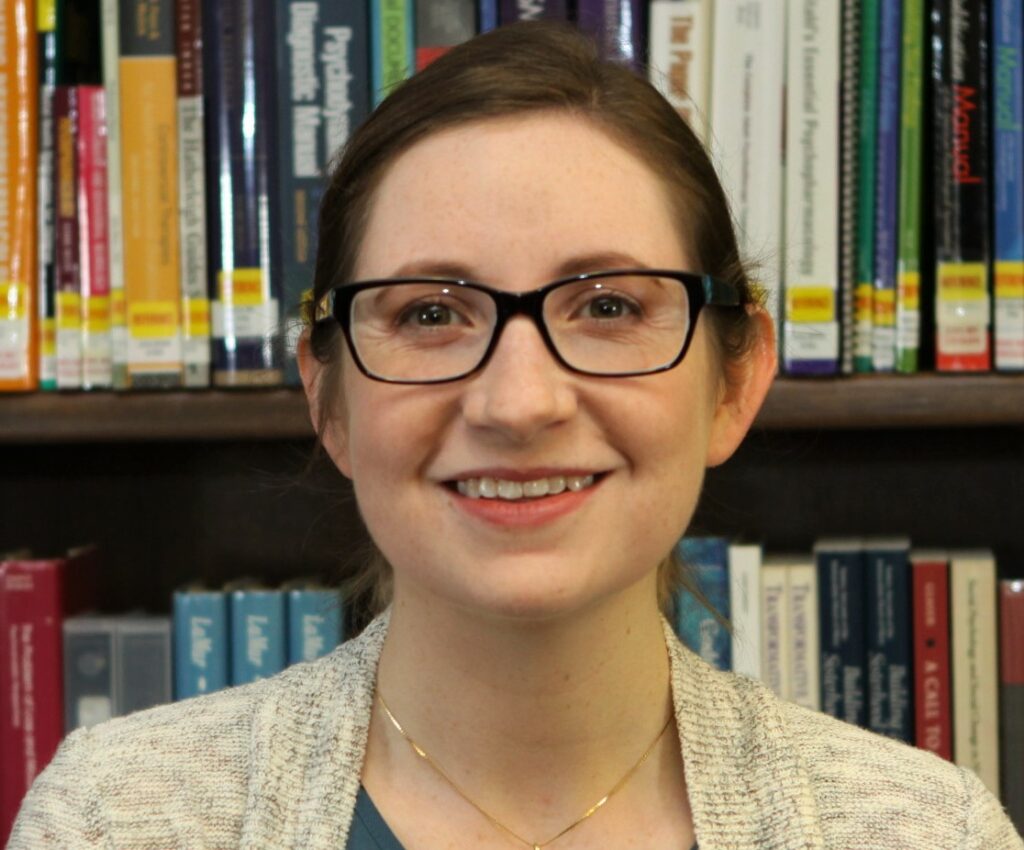The mission of the Michigan School Psychological Clinic is to make mental health care accessible to everyone. And we do mean everyone. No one is turned away for lack of funds. Last fall when we were strategizing how to make our mission sustainable, Kari Eidnes (MA with ABA) suggested we create a Compassion Fund, which we did to great success! Below, Kari shares where the idea for a Compassion Fund came from and why it is so important today.
While money might not buy happiness, it does provide safety, security, and access. Without it, everything is impacted. On a physical level, money influences the environment we live in, the community that surrounds us, the food that is available, and our access to health care. Even with our societal safety nets, like insurance and unemployment benefits, most of us are all one bad day away from financial crisis.
America’s response to the Covid-19 pandemic has further highlighted the staggering gap in financial security across the population. To add to the complexity, as mental health care becomes more of a necessity, the barriers of access become more apparent. In the past, mental health has largely been reserved for those who can afford it and has been treated as a luxury for decades. So what happens to everyone who needs mental health care, but cannot afford it?
Part of the culture in my family and religion is championing social justice issues. Namely, I was raised in a community that is passionate about removing barriers of access to health. This is a social justice issue because it is often marginalized groups that have the most obstacles when it comes to affordable health resources. Growing up my parents instilled the necessity of actively engaging and volunteering with the community around you. I was taught that if you just looked around, you could always find a need to meet and an organization to help.
My church, Faith Covenant Church in Farmington Hills, Michigan, provided opportunities to volunteer by partnering with a variety of non-profits directly connected to meeting community’s needs. Being a part of this church with my family shaped my understanding of volunteering, outreach, and fundraising.
Since being teenager, I’ve had the opportunity to participate in and host a variety of fundraisers. Part of how these fundraisers work at the church is often blended into the church’s services, via collection plates, and provides the congregation opportunities to directly impact those who need it most. While the collection plates might be passed around for specific organizations, or for church maintenance, there is a specific donation offering at the end of every service for the Compassion Fund. The Compassion Fund is an ongoing fundraiser for people in need. It is dedicated to meeting those needs, such as helping someone pay their rent, groceries, or medical bills.
When I started my practicum at the Michigan School Psychological Clinic, it was the culmination of a life-time volunteering in non-profits. During one of our meetings, Clinic Director Jim Maher, PhD said something that resonated with me: “I never want to turn anyone away due to cost.”
Because the reality is, even with a sliding scale that begins at $5 per session, that’s out of reach for many people. I knew in that moment we had an amazing opportunity to start our own Compassion Fund. This one would be dedicated to helping people pay for our sessions, so that we would never have to turn anyone away due to cost. We could help remove those barriers and make health care affordable for those who needed it most. While I would love see the need for a Compassion Fund become obsolete, until then it is a privilege to be a part of a school and a clinic that recognized the power to do good and do their part in tackling one of the biggest obstacles of health in America: money.

Kari Eidnes is completing our MA program with an ABA concentration. She is one of our amazing student clinicians at the Michigan School Psychological Clinic.